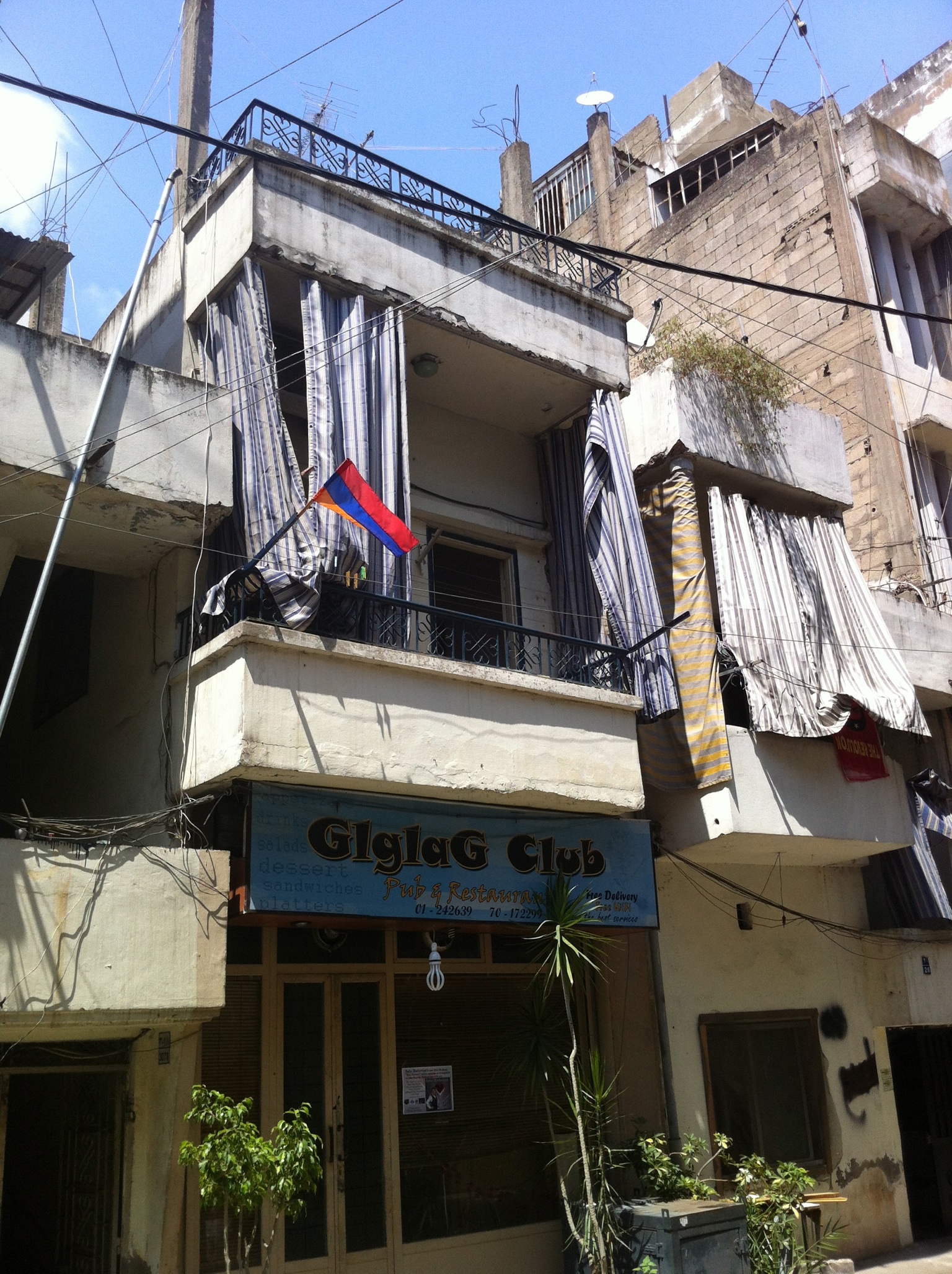When I was in college, I studied with a poet and short story writer who gave me an instruction that still echoes in my head: “Respect your process.” But my “process” has always been a changing one. When I was a young poet, I wrote a poem by hand, then typed it, made corrections on the typed copy, rewrote it long hand, then typed it again. This process was often repeated up to twenty times.
After graduate school, when I started writing fiction, the technology had changed. I was no longer working on my Olivetti Lettera 100 portable typewriter, nor on the IBM Selectric machines I had access to in my administrative assistant jobs on campus. I was now using a computer, which made the drafting process at once easier and yet harder to keep track of.
The idea of writing a novel was daunting so I thought of it as producing interconnected short stories. Going from writing a one- to two-page poem to a ten- to twelve-page short story was tough, but it didn’t seem impossible, and my first novel Zabelle grew out of this endeavor. Having done it once, the thought of a second novel seemed manageable. My first two books required some research, but they were based in family and personal history so the worlds I described were not so difficult for me to imagine and create.
With my third novel, I was no longer writing about family experience, and it took place in a foreign country and in a time before I was born, so the research process was long and extensive, although fully engrossing. I set out to learn everything I could about Paris during the Nazi Occupation, and as much as possible about the Armenian community in France. Slowly, as I read my way through over one hundred books and talked with dozens of people, my characters’ world became a place I went to in my head each day as I wrote. It was as vivid as the world that I myself inhabited. But after ten years living with the Pegorian family in Paris’s Belleville neighborhood, All The Light There Was went to the copy editor and it was time to move on to my next novel, which would tell the story of Armenians in Lebanon during the Civil War.
Last summer I visited Beirut for the first time. I had read a tall stack of books including novels, histories and guidebooks in preparation, but my process works best with immersion and so I went. Knowing no one in Lebanon, I was armed with a list of the names and contact information of friends of friends. They were mostly Armenians, and they without exception welcomed me as though I were a long-lost cousin. I stayed in Dbayah for the first few days to be close to a friend’s sister, and then moved to a hotel near Hamra for the rest of the visit. I spent five afternoons wandering around the streets of Bourj Hammoud with a new friend who had lived his whole life there and who introduced me to shopkeepers, actors, musicians, jewelers, bankers, and array of other local people. Another new friend took me on a walking tour of the East Beirut neighborhoods of Sanayeh, Zokak el Blat, and Watwat. An acquaintance drove me to Ashrafieh for an hour just so I could have sense where the Armenian churches were in that quarter, and what the houses looked like. I took photos and made copious notes.
Since that trip, I have continued researching, and I have started informally interviewing people about their experiences. As I read novels set in Beirut during the Civil War—such as Rawi Hage’s DeNiro’s Game, Ghada Samman’s Beirut Nightmares, Zeina Abirached’s A Game for Swallows, and Mischa Hiller’s Sabra Zoo—I feel as though I am visiting a familiar landscape. Beirut is slowly becoming a place I go to in my head. I have begun sketching out my characters and choosing names for them. The plot is slowly emerging. As I’m working on my fourth novel, I recognize that my current process will require some additional months of research, more thinking, and internal building. But when I hear the voice of Vera Serinossian for the first time, I’ll know it’s time to start writing.
Nancy Kricorian
July 29, 2013
